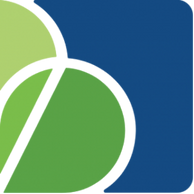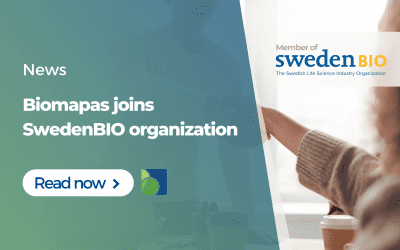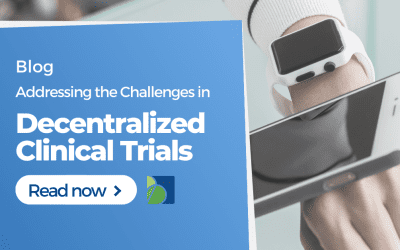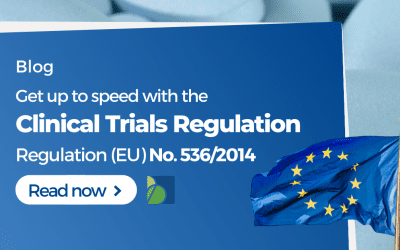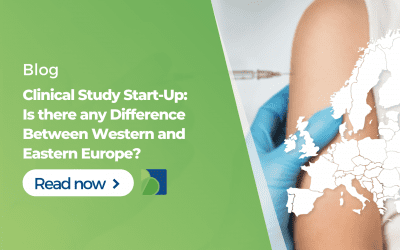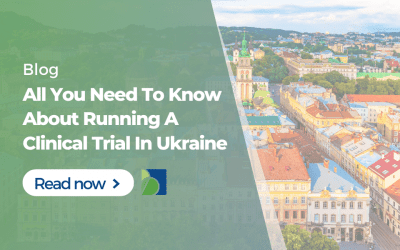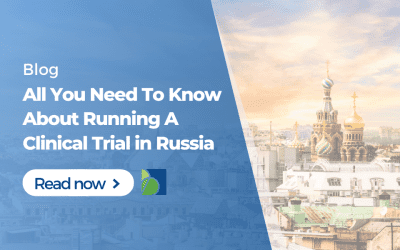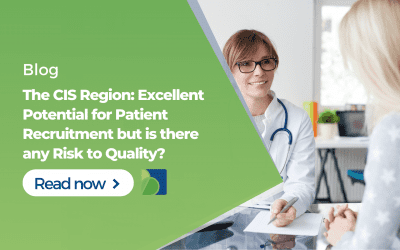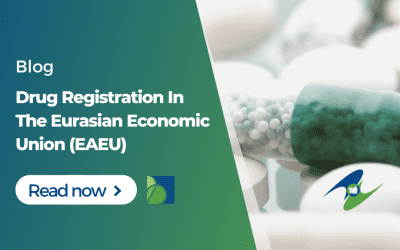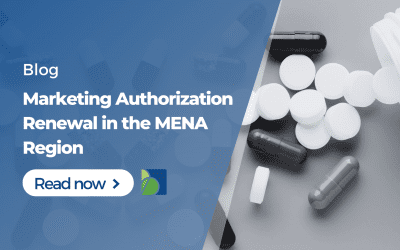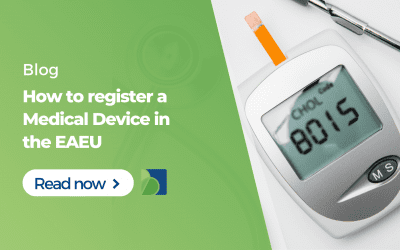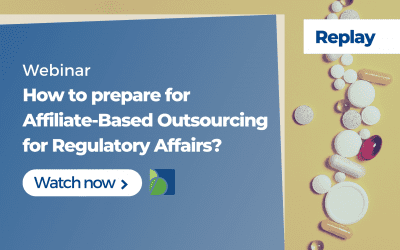Cultural and language problems are a frequent stumbling block for multinational corporations seeking to register drugs in Russia. Additionally, the Marketing Authorization process in Russia is highly complex, and the paperwork frequently changes as the regulatory framework evolves. However, the process evaluates the quality, efficacy, and safety of your drug and, with the correct preparation, permits you to market it in Russia.
You should indicate the product category in advance on the application form, keeping in mind that IMD items can be classified as generic, innovative, or a combination of the two, depending on the circumstances. The data requirements are determined by your reasoning, and the appropriate method can significantly reduce the amount of data required for medication registration in Russia. Any product is considered either:
- innovative;
- generic;
- combination;
- biological;
- biosimilar;
- herbal;
- homoeopathic.
All drug products undergo the same procedure for the Marketing Authorization process in Russia:
- Creation of a registration dossier;
- Obtaining permission for the conduct of a clinical study in the Russian Federation;
- Drug quality and benefit-risk evaluation;
- The decision by the Ministry of Health of the Russian Federation and inclusion in the State Register
The application for your medicinal product needs to include all administrative documents in the Registration Dossier and the available data on your API, finished pharmaceutical product quality, manufacturing, quality control, pre-clinical pharmacological and toxicological, and clinical studies.
Documentation Requirements for the Marketing Authorization process in Russia
While this may appear to be quite comparable to the information necessary in the European Union and the United States, there are numerous documentation requirements that you should be aware of. To begin, documents must be submitted in Russian or be validated as having been translated into Russian. Additionally, the following documents should be certified accordingly:
- Documents issued by foreign authorities need to be legalized (certification or apostilled);
- Manufacturing documentation needs to be signed by the manufacturer’s authorized person and sealed;
- Pre-clinical and clinical study reports need to be sewn and numbered, signed and sealed on the last page by a qualified person;
- Documentation regarding the description of the manufacturing process needs to be submitted.
Verification of Test Methods
Verification of the test methods specified in the specification is required during the evaluation process for issuing a Marketing Authorization process in Russia or variation to an existing marketing authorization where proposed variations include manufacturing or product quality issues. The majority of observations go to method validation. Test methods are validated against a normative document rather than against the specification. Although the normative document resembles the specification in general, there are no formal standards for its establishment, with the exception of the Russian State Pharmacopoeia. Additionally, bear in mind that the Russian State Pharmacopoeia is not comparable with other pharmacopoeias such as the USP or European Pharmacopoeia.
Marketing Authorization in Russia (Timelines)
The assessment/procedure in its whole takes 110 business days. When observations occur during the assessment method, the observer is provided with a list of follow-up questions, and the assessment is halted.
As such, you should answer adequately to all queries within 90 business days as an application.
The laboratory section of the assessment institution verifies the finished product specification test techniques during the evaluation process.
Foreign Authorizations
Recognizing foreign authorizations is permitted under Russian law if there is an agreement with the country in which the applicant resides. Until now, the Ministry of Health and the Ministry of Industry and Trade have refused to acknowledge international marketing authorizations, good manufacturing practices certificates, and similar documents. Non-clinical and clinical data are permitted if the investigations were done in accordance with generally accepted standards, e.g. GCP or GLP. However, unless an exemption applies, at least one clinical study should be conducted in Russia.
Obtaining a marketing license in the European Union, the United States, Canada, or Australia is considered supporting evidence but not directly recognized. However, if your pharmaceutical product has acquired regulatory approval in any of these regions, it significantly strengthens your case for entering the Russian market.
One reason is that the relevant authorities in these regions maintain pharmaceutical web portals in English, making marketing authorization easily verifiable. As a result, if you anticipate marketing authorization in Russia, it is prudent to provide information on the results prior to applying.
Biosimilar & Generic Marketing Authorization process in Russia
In Russia, a reference product is required if you join the market with generic or biosimilar products. Additionally, you should conduct applicable investigations (e.g., bioequivalence) using the Russian reference product, which requires advance planning.
If you do not meet this criterion, there is no comparable product available on the Russian market. In the worst-case scenario, this could imply that the authorities classify your generic, hybrid/IMD, or biosimilar product as a stand-alone or new product, necessitating the submission of an extensive non-clinical and clinical data package.
Occasionally, it is possible to convince regulators and assessors that a comprehensive package of non-clinical and clinical evidence is superfluous. In this scenario, a comprehensive bibliographic dossier can address any safety and efficacy concerns.
Occasionally, approval by the EMA or the U.S. does not suffice to provide an acceptable level of safety or efficacy for a biosimilar product, highlighting the critical nature of engagement with the Russian Health authorities. For example, applications to the Ministry of Health for medicines for ‘diseases of concern’ face an increased risk of rejection if insufficient data are provided and detailed scientific reasoning is required.
Similarity To EMA Marketing Authorization
The procedures for marketing authorization of biosimilars are identical to those used by the European Medicines Agency. The Russian Assessment Institution, for instance, has created a guide that incorporates translated EMA general and product-specific biosimilar development recommendations.
In accordance with European regulations, the guide recommends a step-by-step strategy for biosimilar product development. Simultaneously, the provisions of Russian pharmaceutical law apply. For example, at least one local clinical trial is still required (unless the product is orphan), and safety/tolerability testing in healthy volunteers is not recognized as part of Phase 1 investigations. Additionally, at least one study of multiple-dose toxicity is often required. Additionally, when approving a biosimilar product for marketing, the assessors conduct an interchangeability analysis.
It’s interesting to know that interchangeability benefits generic or biosimilar producers and aims to stifle innovative foreign manufacturers.
Incrementally modified drugs
Russian pharmaceutical legislation makes no mention of incrementally modified medicines (IMD), hybrid applications, or section 505(b)(2) applications. Within the Eurasian Economic Union’s legislative framework, the situation is different, as hybrid applications are regarded as a reasonable legal basis for marketing permission.
Read about Drug Registration in the EAEU.
Orphan Drug Registration in Russia
In Russia, a medicinal product is considered an orphan illness product if it is used exclusively to treat an orphan disease or when it is used to make a medical diagnosis of an orphan disease. Furthermore, the prevalence is fewer than one per 10,000 persons, far lower than in the European Union or other EAEU member states. The Russian government keeps a list of orphan diseases that meet the legal description. Although it is in Russian, the list includes ICD-10 numbers, which means that English equivalents to orphan diseases can be found here.
When the authorities grant orphan status to your product, they waive the obligation for local trials. As such, defining your regulatory strategy early on can be extremely advantageous. For example, it is occasionally feasible to add a disease or condition to the current list via the Ministry of Health.
Scientific Advice
Scientific or procedural advice delivered by the assessors is also not part of the arrangement according to Russian legislation. Discussions prior to the applications like the pre-IND, IND, pre-NDA meetings, protocol assistance are not possible in the drug registration process in Russia. Moreover, companies generally solicit procedural rather than scientific advice because of the difficulties they experience. Finally, the Russian capabilities to actually share scientific advice are said to be limited and not on par yet with the FDA or EMA.
However, there is no law against petitioning the Ministry of Health but keep in mind that answers will most likely be unspecific. Additionally, the petitioning method is unrelated to your application, which means that the decision on your application may come before the petition is even processed. When appealing to the authorities, the recommendation is to propose several strategies and seek a sign of inclination toward any of them from the Ministry of Health.
Assessors and officials’ questions and observations to applicants can also be unclear or ambiguous. To better understand how to work with regulators and get the most out of your discussions, it is recommended that you seek external advice if you are inexperienced with the Russian drug registration system.
Accelerated Approval
To finish on a positive note, Russian pharmaceutical legislation allows accelerated approval for certain therapies:
- orphan products;
- first three generic products;
- pediatric use only medicines.
If the accelerated procedure is approved, the complete process for granting marketing authorization can be completed within 90 days (60 days shorter than the usual procedure). It is actually amongst the quickest accelerated procedures in the world. Some products are expressly ineligible for accelerated approval, including biologicals and combinations of previously authorized drug products.
Communication with Regulators
Communication with regulators is critical to the success of any regulatory procedure. Regrettably, miscommunication between Russian regulators and foreign companies’ headquarters frequently occurs, resulting in delays or even abandonment of market entry attempts. Communication with competent authorities or assessors is possible in Russia only during the marketing authorization or clinical trial application process. It accepts only written responses prepared by the applicant in response to assessors’ or Ministry of Health officials’ written observations. Oral explanations are rare and are reserved for exceptional circumstances determined on a case-by-case basis by Ministry of Health officials. There are no documented protocols for such communications.
A clear explanation of your regulatory strategy is highly regarded and can help avoid potential issues caused by inefficient development procedures, save time and costs, and prevent delays.
Interested in learning more? Set up a call with one of our experts.
